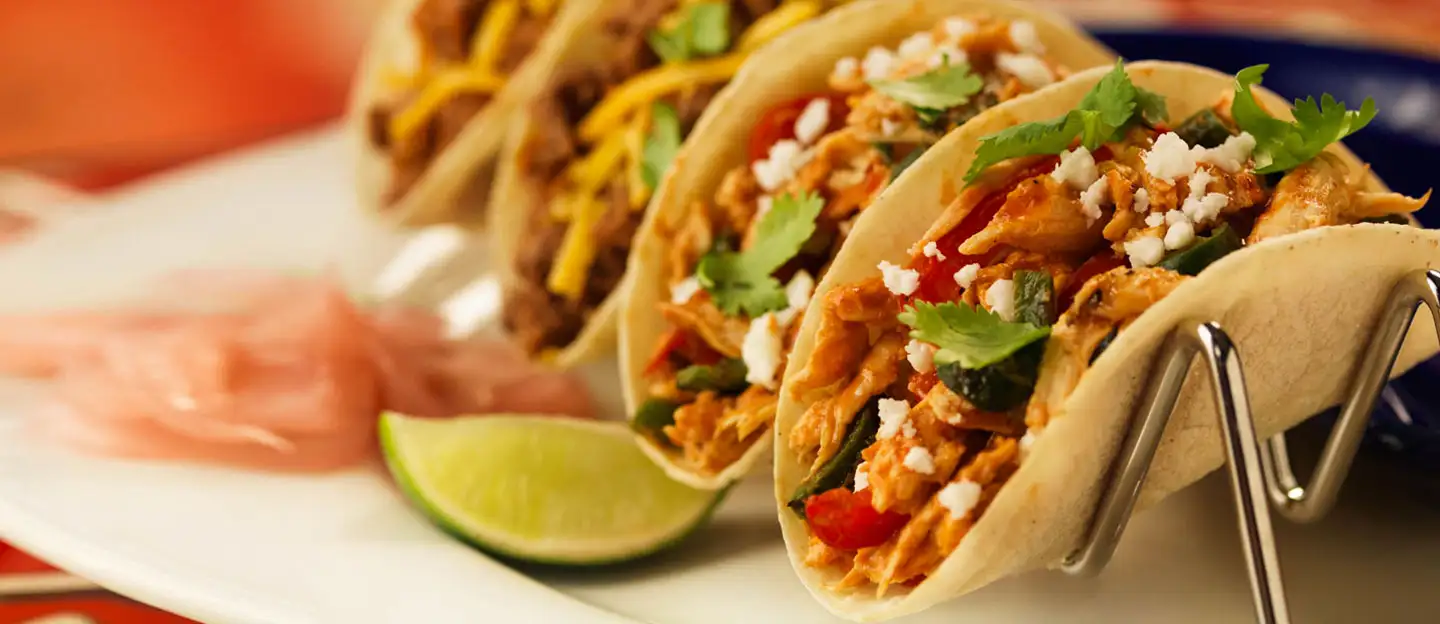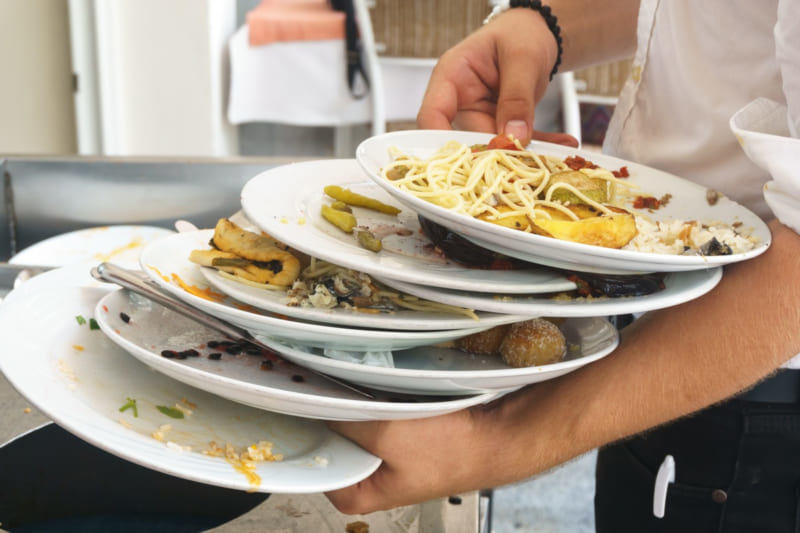
We are increasingly aware of food loss and waste as well as the adoption of reusable containers, both in our personal lives and in the restaurant world. Several entrepreneurs are taking advantage of this environmental, economic and social trend to facilitate the commitment of restaurateurs to greener management of their establishment with apps. Thanks to them, the future looks brighter in this regard.
First, Too Good To Go is a distribution platform for surpluses produced by local food businesses. They offer their leftovers in the form of surprise baskets at reduced prices. The application has been available to bakeries, restaurants and grocery stores in the cities of Montreal, Quebec and Gatineau since July 2021, among others. Already more than 800 businesses are registered on the platform.
According to a statement from the startup, more than half of the food produced is wasted in Canada. The objective, in addition to reducing food losses and waste, is therefore to allow restaurateurs to add additional income to their daily turnover by displaying products that were going to be put in the trash to a segment of consumers who would probably never have bought from them for various reasons.
Also, the social economy business Retournzy, which specializes in the rental, collection and washing of reusable stainless steel containers, completed its first pilot project, which ultimately lasted four months, with six establishments, including three restaurants in the Southwest borough of Montreal. The net results fall below the company's expectations, but the latter has already worked hard to make the necessary improvements to its program after collecting feedback from the first participants.
These improvements can also be tested in the coming weeks since it announced the launch of the project in the Plateau Mont-Royal district, which becomes the second Montreal sector to benefit from their services.
Finally, The Canteen restaurant, located in England, decided to display the greenhouse gas (GHG) emissions of each option available on its menu. This approach is very interesting from the point of view of the consumer who wishes to make an informed choice. Thanks to this data, the customer can feel that he is clearly making a difference.
But for this initiative to be taken up on a larger scale by several restaurateurs from around the world, there are currently methodological issues to be taken into account. Of course, each chef has their own recipe and the foods served may vary from week to week. In the kitchen, a register and a complete database should be kept to always display the most accurate information possible to consumers.
We still believe that this item on the menu can influence the customer's choice and thus help in some way to reduce GHGs.
Would you like to see this information on the menu the next time you go to your favorite restaurant?







